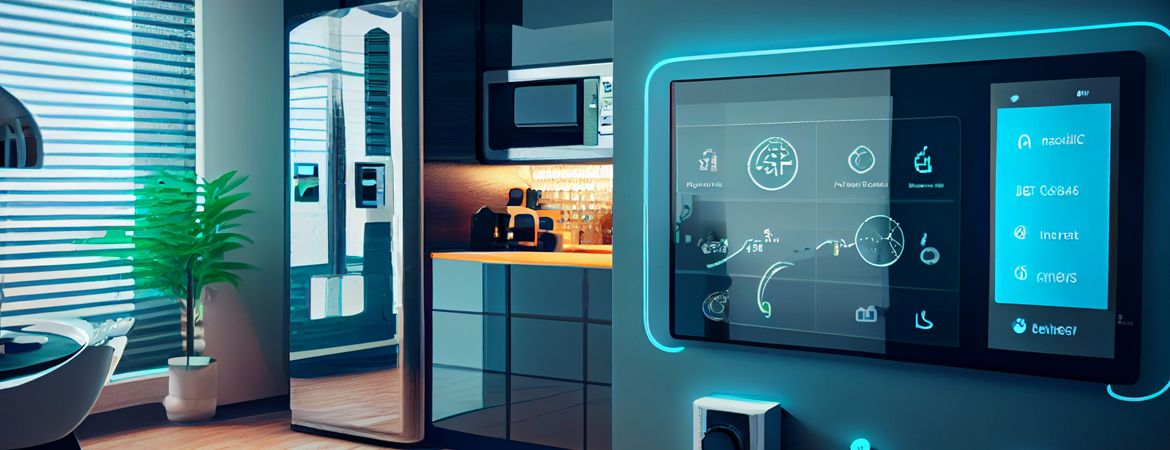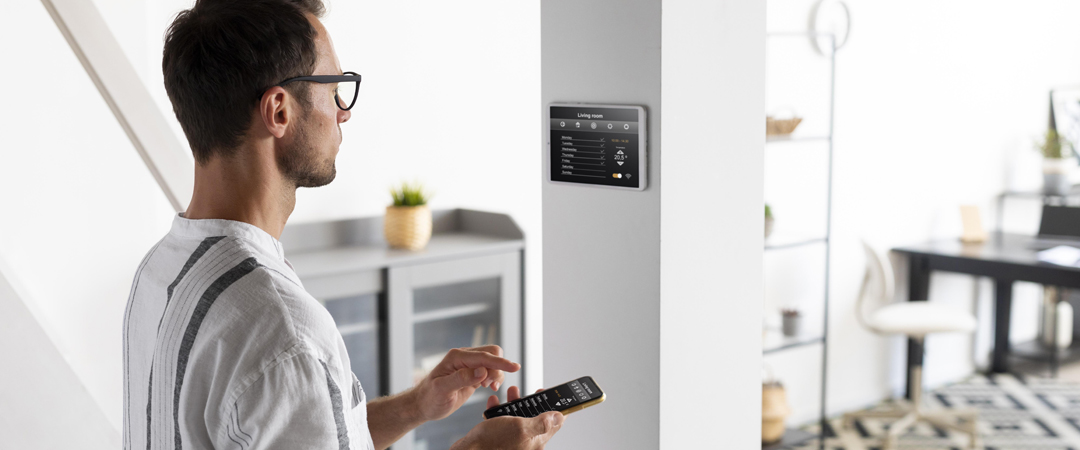
Discover the many benefits of energy-efficient appliances to save electricity. In today’s world, energy consumption is a major concern, and energy-efficient appliances offer a practical solution to reduce electricity usage. The advantages of these appliances go beyond simply saving money on your electricity bills. By using energy-efficient devices, you also help reduce environmental impact by lowering greenhouse gas emissions and preserving natural resources.
These appliances are specifically designed to minimise electricity consumption while delivering optimal performance. For instance, energy-efficient refrigerators use advanced compressors and high-quality insulating materials to keep the interior cool without consuming excessive electricity. Energy-saving washing machines and dishwashers also employ innovative washing techniques to cut down on water and electricity usage.
By investing in energy-efficient appliances, you can achieve significant long-term savings while contributing to environmental protection. Explore the many benefits of these appliances and start saving electricity today!
Understanding Electrical Energy Consumption
To understand the importance of energy-efficient appliances, it is essential to grasp electricity consumption. Most electrical appliances use electricity to operate, and this energy consumption can be measured in kilowatt-hours (kWh). Energy-intensive appliances, such as old refrigerators or traditional washing machines, typically use more electricity than necessary, leading to increased energy consumption.
Benefits of Energy-Efficient Appliances
Energy-efficient appliances offer numerous advantages compared to traditional ones. Firstly, they significantly reduce electricity consumption, leading to long-term savings on your electricity bills. These appliances are designed to minimise electricity usage while delivering optimal performance.
In addition to saving money, energy-efficient appliances also help reduce greenhouse gas emissions. Greenhouse gas emissions from electricity production are a major contributor to climate change. By using energy-efficient appliances, you lower your carbon footprint and help protect the environment.
Energy-efficient appliances and traditional appliances
It is important to understand the difference between energy-efficient appliances and traditional ones. Traditional appliances are often cheaper to purchase but tend to consume more electricity. Energy-efficient appliances, though more expensive upfront, offer better energy efficiency, resulting in long-term savings.

Types of energy-efficient devices
There is a wide range of energy-efficient appliances available on the market. Some of the most common include energy-efficient refrigerators, washing machines, dishwashers, air conditioners, LED light bulbs, and solar water heaters. All these appliances are designed to reduce electricity consumption while providing optimal performance.
Factors to consider when buying
When purchasing energy-efficient appliances, there are several factors to consider. Firstly, check the appliance’s energy label to ensure it is certified as energy-efficient. Also, look for features such as the appliance’s capacity, additional functions, and durability. Comparing different brands and models can help you find the appliance that best suits your needs.
Tips for Effective Use
To maximise energy savings, it’s important to use energy-efficient appliances effectively. Here are a few tips to help you:
- Switch off electronic devices on standby when they’re not in use.
- Use programmable power sockets to automatically turn off devices when they’re not needed.
- Activate the energy-saving modes available on your appliances.
- Wash clothes at low temperatures to save energy.
- Defrost refrigerators and freezers regularly to maintain their efficiency.
Case Studies on Energy Savings with High-Efficiency Appliances
To better understand the energy savings achieved with high-efficiency appliances, let’s look at some real-life case studies. These case studies highlight the savings made by using energy-efficient appliances compared to traditional ones. The results show significant reductions in electricity bills while maintaining optimal performance.
Government Incentives
In many countries, governments offer incentives and rebates to encourage the use of energy-efficient appliances. These incentives can come in the form of tax credits, grants, or direct discounts on the purchase price. Check the government programmes available in your area to see if you are eligible for these financial benefits.
Conclusion
In conclusion, energy-efficient appliances offer numerous benefits both economically and environmentally. By reducing electricity consumption, you can save money on your energy bills in the long term while contributing to environmental preservation. Investing in energy-efficient appliances is a smart choice for saving electricity and protecting our planet. Make the switch to energy-efficient appliances today and make a difference.

